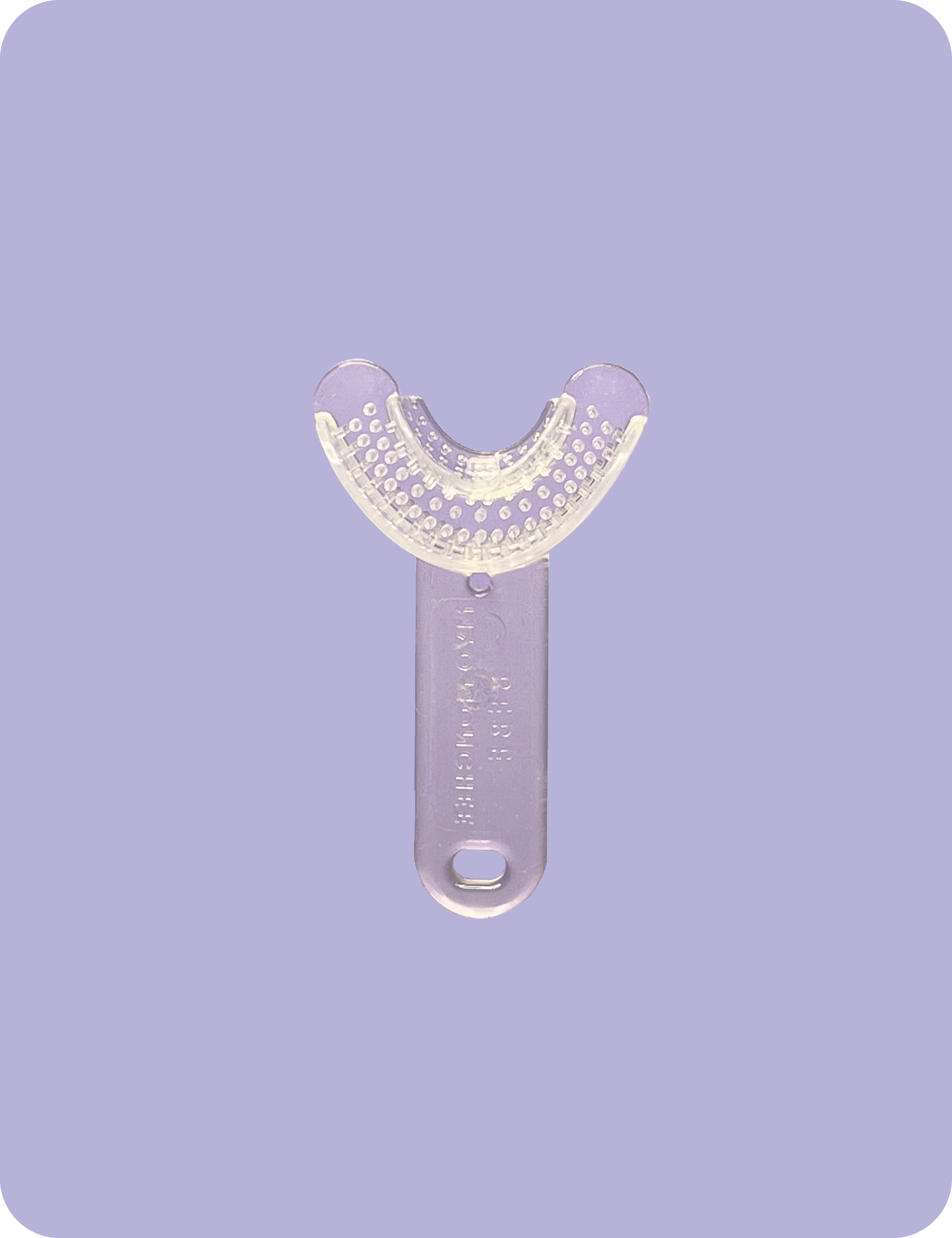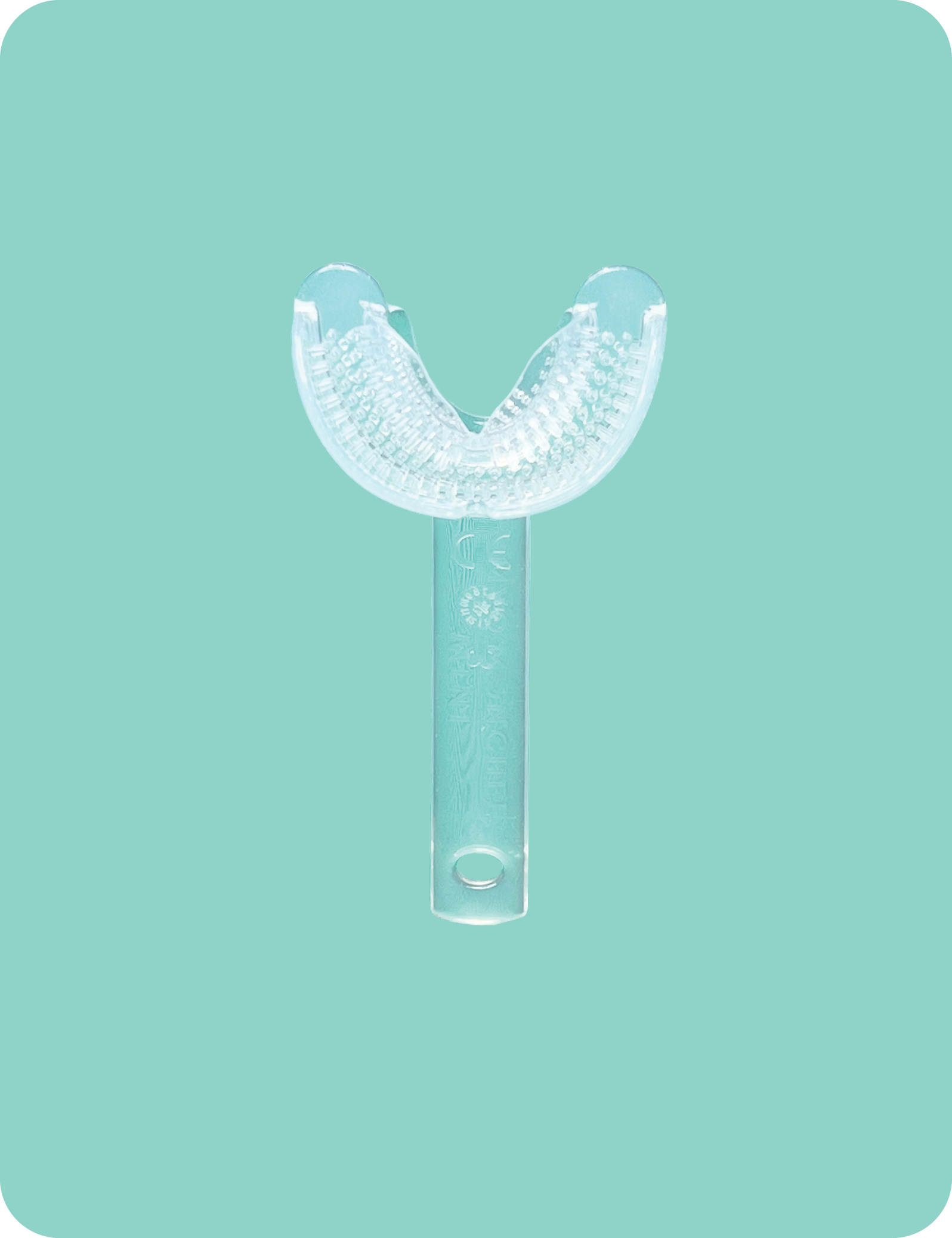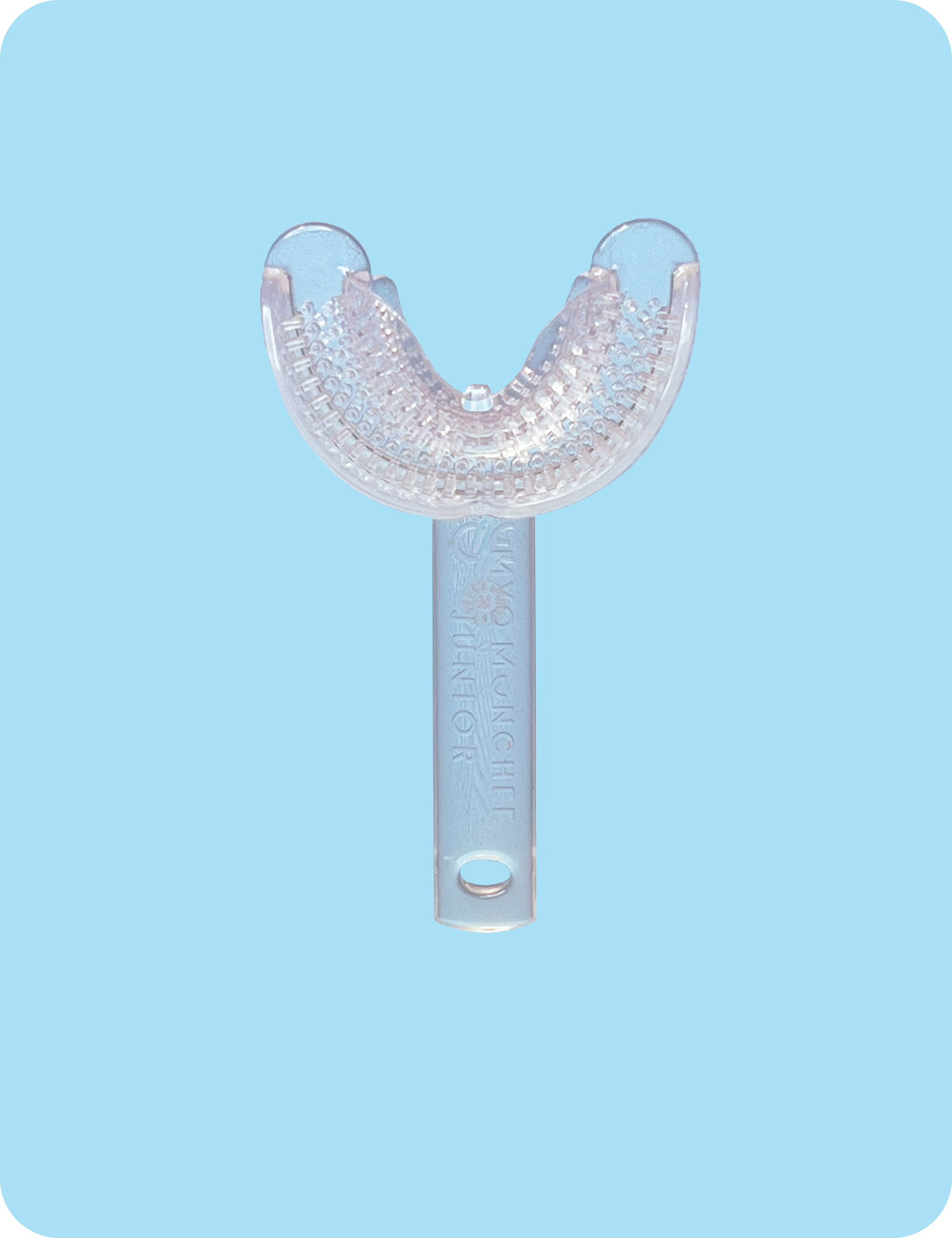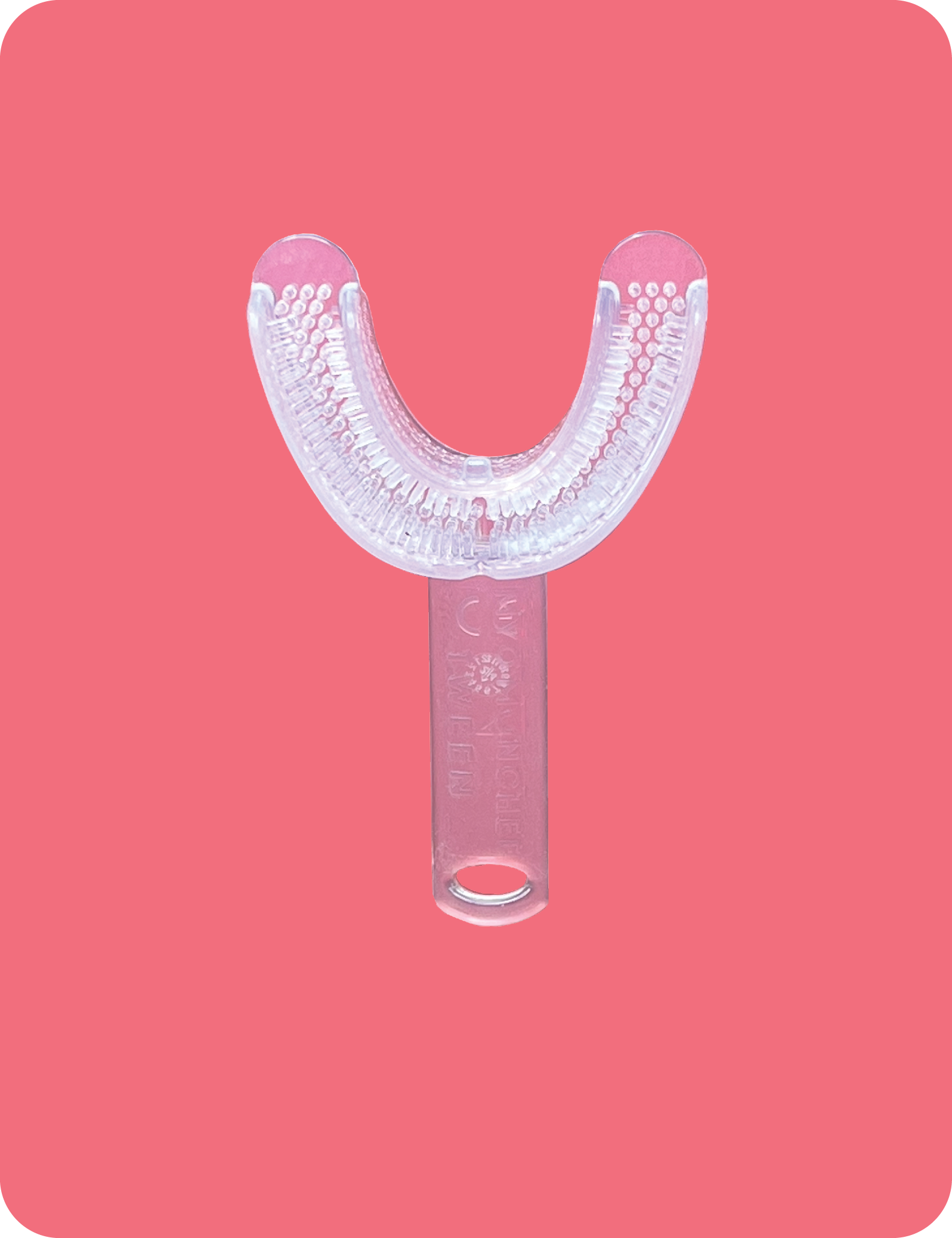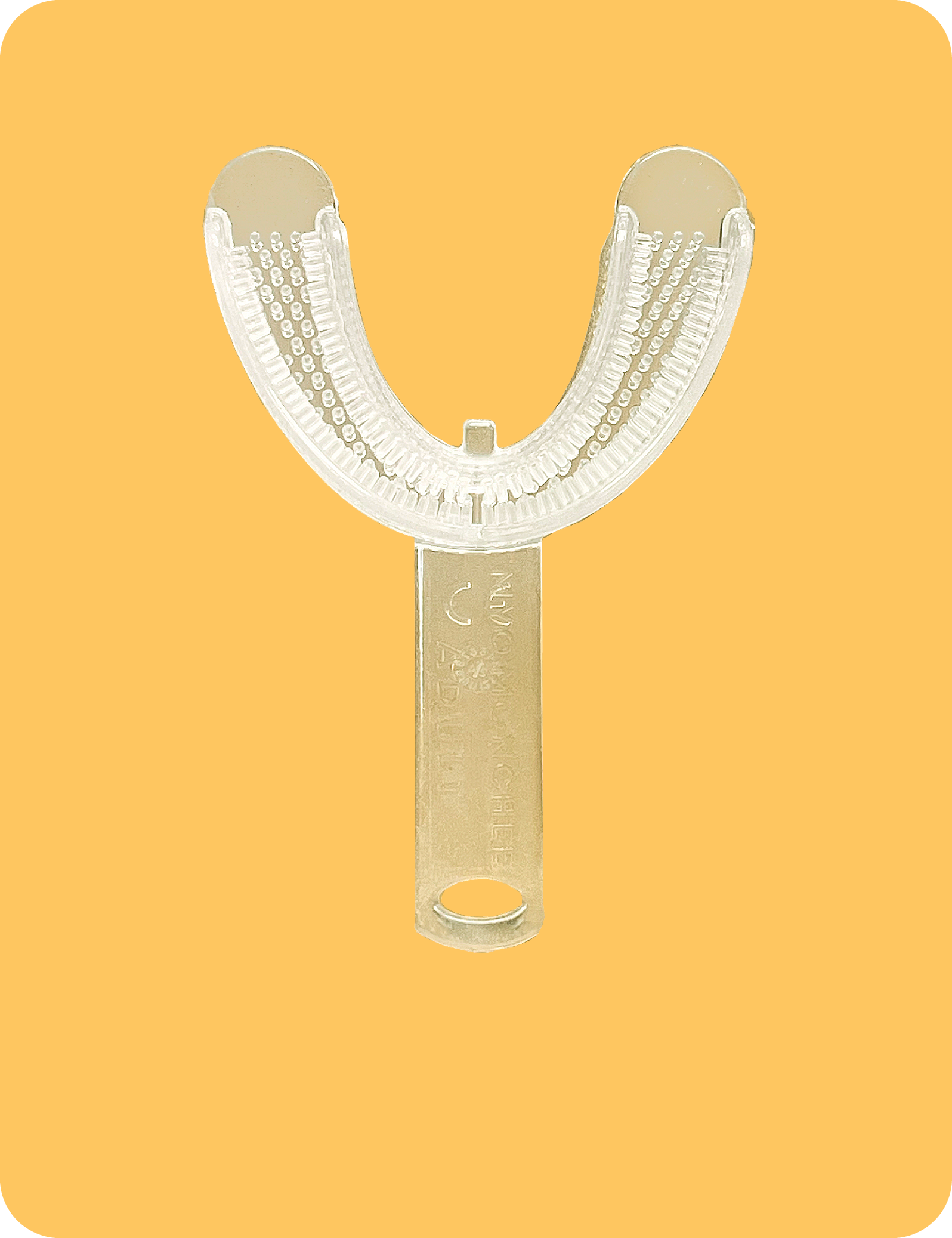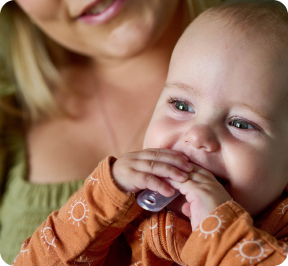News & Updates
Impact of Pacifiers and Dummies
Understanding the Impact of Pacifiers and Dummies: What Every Parent Should Know
For many families, dummies or pacifiers are a lifesaver in the early days of parenting. They offer comfort, help settle an unsettled baby and can be a vital tool during teething, sleep challenges or times of illness. However, like many tools we use in early childhood, it is important to understand how pacifiers may impact a child’s development over time.
In a thoughtful and compassionate discussion, Dr Mary Bourke, CEO of Myo Munchee, and Sleep Consultant Natalie Ebrill explore this topic from both a developmental and a sleep perspective. Their insights offer parents the opportunity to make informed, practical decisions about pacifier use in their home, without any pressure or guilt.
The Role of Pacifiers in Early Life
Dr Bourke acknowledges that pacifiers can play a helpful role in infancy, particularly during the newborn stage when the sucking reflex is dominant. Babies are born with a strong drive to suck, not only for feeding but also for comfort and regulation. In this context, dummies can be a very natural part of the soothing process.
Sleep consultant Natalie Ebrill explains that many parents use pacifiers to help their babies fall asleep or to resettle them during the night. When used thoughtfully, this can be an effective short-term tool that supports sleep, which is vital for both the child and the rest of the family.
When Pacifiers Start to Interfere
The key concern, both experts agree, is not the pacifier itself but the extended use of it beyond the period where it supports development…the use by date is actually on the child, not the pacifier. By age 6 months, we ideally want to move away from sucking tools and utilise tools that engage the chewing reflexes, which are being activated at this time. Dr Bourke explains that over time, constant sucking can begin to affect the structure of a child's mouth, palate and jaw. Prolonged use may lead to changes in tongue posture, breathing patterns and muscle development in the face and mouth.
Natalie notes that from a sleep perspective, reliance on pacifiers can sometimes create disruptions as the child gets older. For instance, some toddlers become dependent on the dummy to fall back asleep and may wake more frequently if it falls out. This can lead to sleep fragmentation and frustration for both parents and children.
What the Research and Experience Suggest
Dr Bourke brings in her knowledge as both a practitioner and a parent. She shares that excessive or long-term pacifier use has been linked to issues such as misaligned teeth, narrow palates, speech delays and mouth breathing. The good news is that these effects can often be mitigated if pacifier use is gradually reduced at the appropriate developmental stage.
Natalie adds that weaning off the dummy does not need to be abrupt or stressful. In her experience working with families, a gradual and supported approach is more effective and kinder for everyone involved.
A Supportive Alternative: The Myo Munchee
One of the alternatives discussed is the Myo Munchee, a chewable oral device designed to support healthy oral development. Unlike pacifiers, which encourage passive sucking, the Munchee engages the child’s jaw, tongue and facial muscles in an active, functional way.
Dr Bourke explains that the Munchee can be introduced around the time babies begin chewing solid foods. It helps reinforce the transition from sucking to chewing, supporting natural facial development and oral tone. For toddlers and older children, it can also be a valuable tool in helping them let go of the dummy habit without feeling a sense of loss.
A Compassionate Approach to Weaning
The conversation is grounded in empathy and respect for the challenges of parenting. Neither expert suggests that using a pacifier is wrong. Rather, they encourage parents to be curious and mindful about how long the dummy remains in use, and to consider the broader picture of their child’s development.
If your child is still using a pacifier beyond 18 to 24 months, it might be time to gently start the process of phasing it out. That might include offering comfort in other ways, introducing a replacement tool like a chew toy or Munchee, or simply beginning conversations with your toddler about the change.
Every child is different, and there is no single right answer. What matters most is the approach you take—one that is calm, connected and suited to your family’s needs.
Final Thoughts
There is no need for guilt or worry if your child has used or is still using a dummy. Many children do, and for many families, it has been an essential part of early parenting. The aim is simply to be aware of the role the pacifier plays in your child’s daily life and to support them in growing out of it when the time is right.
With the right tools, information and a bit of patience, the transition away from pacifiers can be a positive step towards healthy sleep, confident speech and strong oral development.

